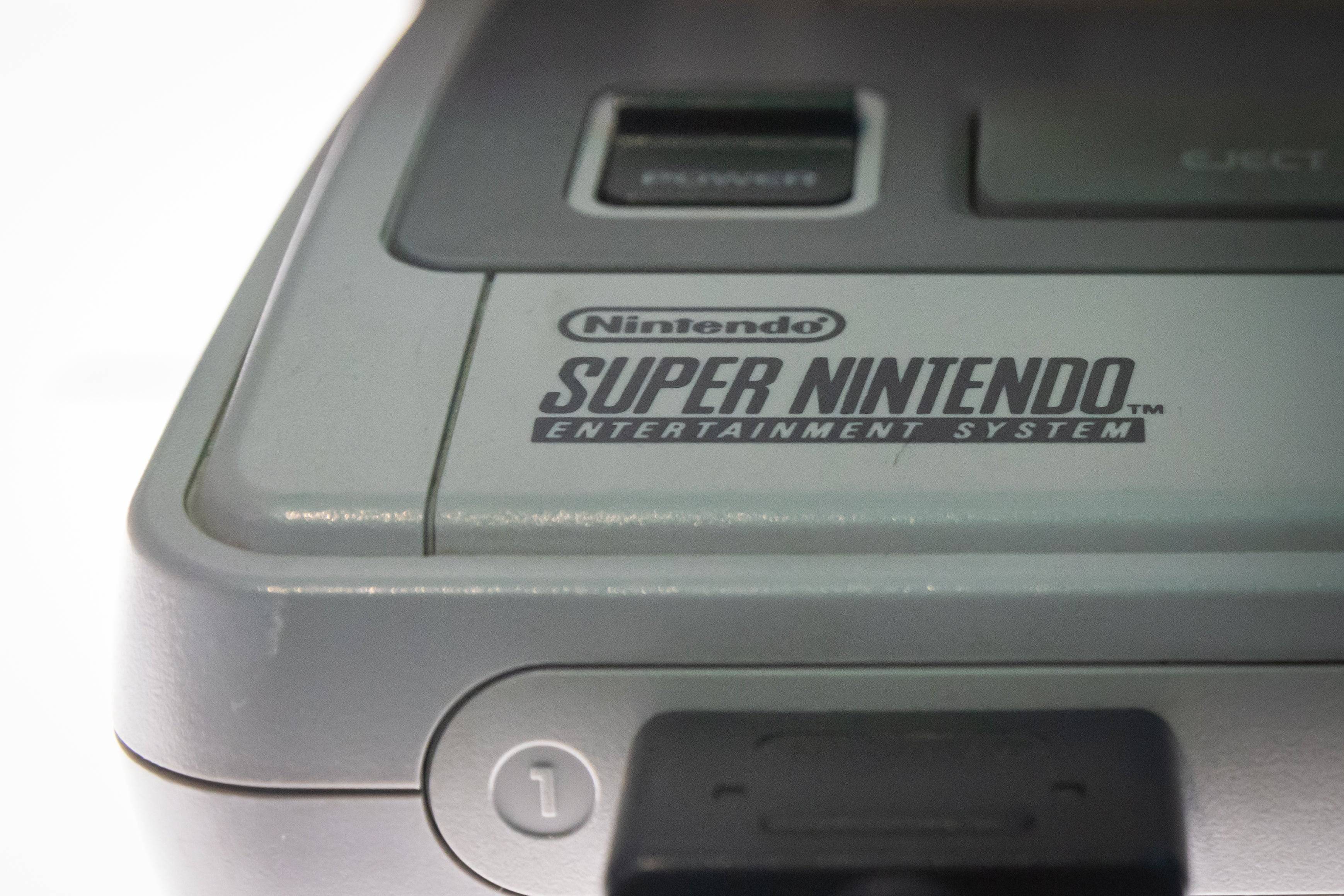The speedrunning community is grappling with an intriguing technological phenomenon: it appears that the Super Nintendo Entertainment System (SNES) is running games faster as it ages. In early February, Alan Cecil, a Bluesky user known as @tas.bot, sparked discussions by suggesting that the nearly 50 million SNES units sold might be performing better today than when they were first manufactured in the 1990s. This theory suggests that classic games like Super Mario World, Super Metroid, and Star Fox could be running faster on these aging consoles.
The notion that a video game console could improve its performance over time might sound far-fetched, but Cecil's research points to a specific component: the SNES's audio processing unit (APU) SPC700. According to an interview with 404 Media, official Nintendo specs indicate that the SPC700 has a digital signal processing (DSP) rate of 32,000Hz, controlled by a ceramic resonator running at 24.576MHz. However, enthusiasts have observed that the actual DSP rates vary based on physical conditions such as temperature, affecting how the console processes audio and, consequently, the game's speed.

Cecil called on SNES owners to record data from their consoles, and the responses he received—more than 140—highlight a clear trend of increasing DSP rates over time. Previously recorded averages in 2007 were around 32,040Hz, but recent findings indicate an increase to 32,076Hz. While temperature does impact these rates, the change isn't significant enough to explain the observed increase fully. In a follow-up Bluesky post, Cecil shared that the average DSP rate based on 143 responses is now 32,076Hz, with a rise of 8Hz from cold to warm conditions. However, the exact impact on games and the cause of this phenomenon remain unclear.
Despite the need for further research, the idea that the SNES might be processing game audio faster as it nears its 35th anniversary has captured the attention of the speedrunning community. Theoretically, a faster SPC700 could shorten load times, potentially affecting long-standing leaderboard records. However, the impact on actual game speed isn't straightforward, and even the most significant changes might only shave off less than a second from a speedrun. The community is just beginning to explore these implications, and while more experimentation is necessary, the consensus is that players have little to worry about for now.
As Cecil delves deeper into what drives the SNES's performance, the console continues to defy expectations well into its third decade. For more on the SNES's legacy, you can check out its ranking on the list of best-selling consoles of all time.




















